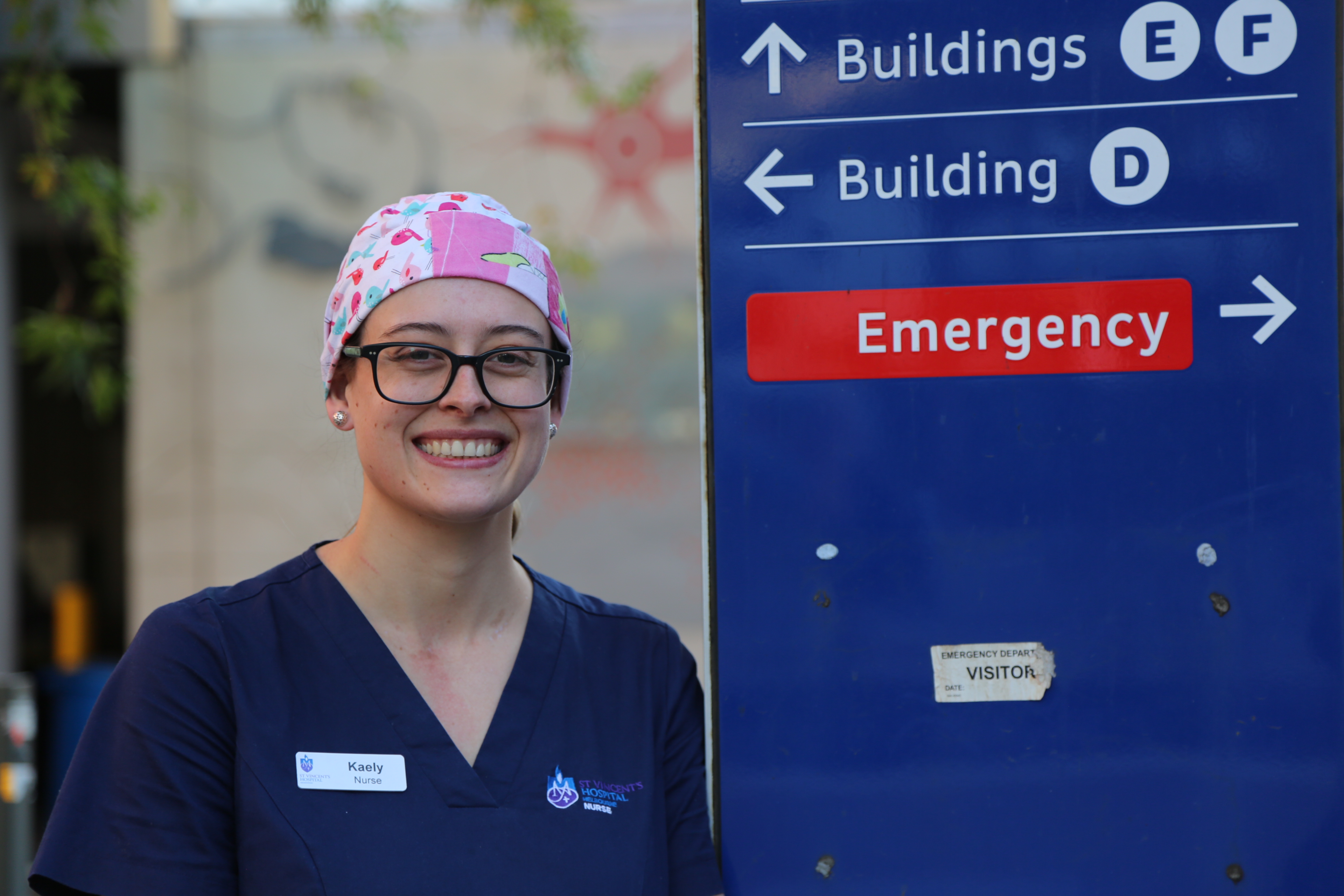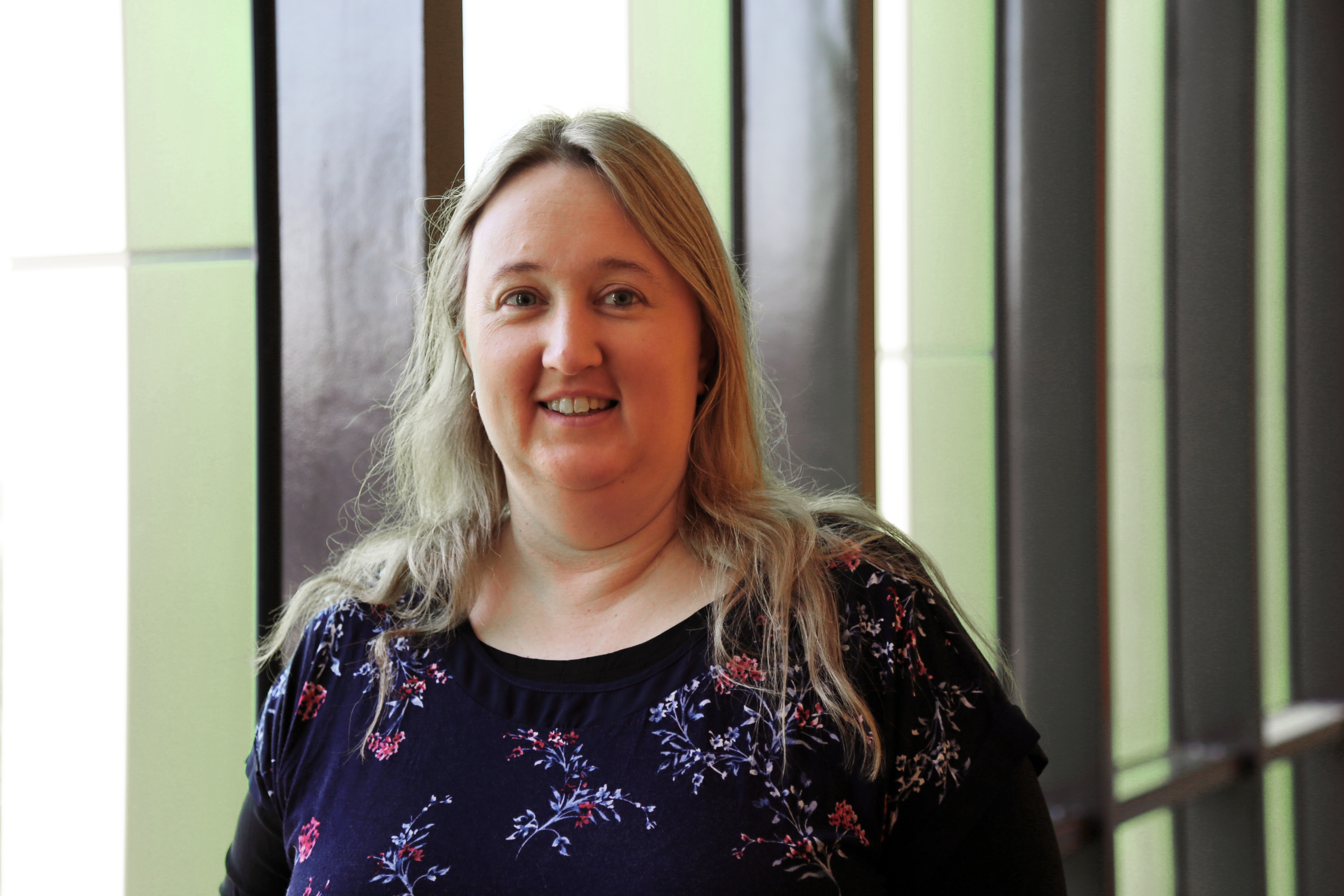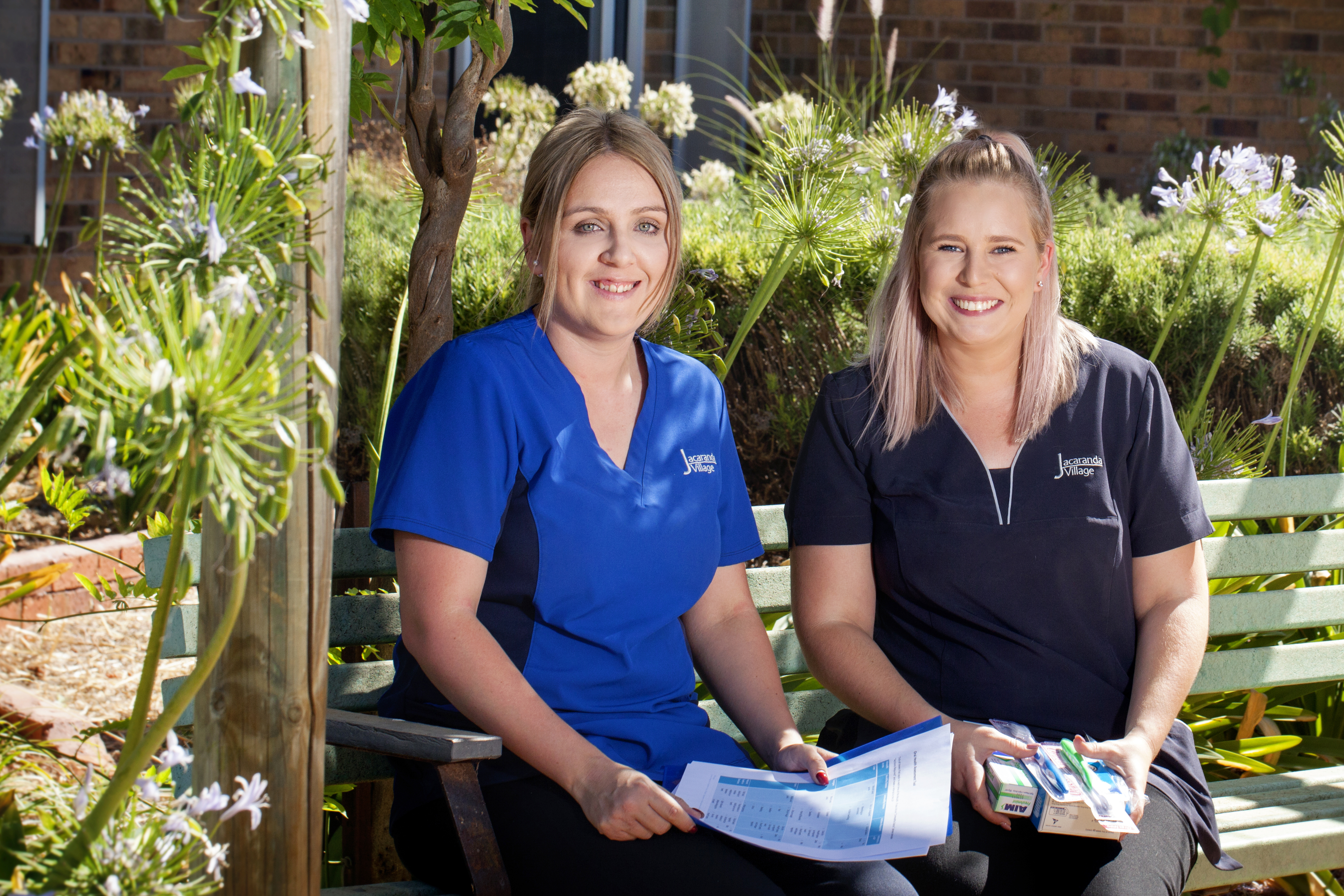
Marie Jones with her family/ Photo: supplied and published with permission
A nurse and midwife for 45 years – and as of last year, a nurse practitioner as well – Marie Jones has seen a lot in her time. Among the more common clinical matters she has encountered over that time has been the need for awareness of female genital cutting (FGC) that has come with the increase in migration since the 1990s of women from countries that practice FGC.
So much so that in October 2010 Marie co-founded a dedicated clinic at the Royal Women’s Hospital to provide care for these women, and there has been a continual increase in the number of women presenting with FGC ever since.
Unrelated to necessary surgical procedures during or after labour, or as part of gender-affirmation surgery, FGM is a traditional practice most commonly occurring in the horn of Africa countries. For example, 98% of women born in Somalia have been impacted by FGM.
Also known as female circumcision or female genital mutilation (FGM), there are no health benefits associated with the practice, but it can cause harm to a woman’s sexual and reproductive health, as well as to her emotional and psychological health. It is illegal to perform in Australia, attracting a gaol sentence and fine; it is also illegal to take a child out of Australia to have FGM performed.
‘I prefer to use the term FGM when I’m talking to health professionals because I don’t want to minimise the harm,’ Marie says. ‘It is recognised as a violation of human rights as it occurs mainly in under-age girls without their consent. However, I speak of traditional cutting, or sunna, when I am with women affected by FGM and with their family and friends, as this is a more respectful terminology.’
Marie has been co-ordinating the nurse/midwife-led specialty outpatient clinic for 14 years. ‘When these women started arriving from overseas and coming to birth, there were lots of us in different areas – nursing, medical, social work, midwifery – who realised we had to learn more about it to be able to care for these women.’
It has become a real passion for Marie, who has put a lot of time and effort into the clinic. She is equally keen to educate other health professionals, and remains disappointed that many GPs and colleagues still aren’t asking the question ‘have you been affected by traditional cutting?’
A long way from the farm…
It is also not something she ever imagined would be part of her life when she first embarked on her career four decades ago. Indeed, Marie admits that nursing was a last-minute choice, and that she had initially wanted to do agricultural science instead.
The youngest of several siblings, she was surrounded by a lot of nurses when she was growing up. ‘My sister was a nurse and a midwife; my brother was a nurse, my sister-in-law a nurse.’
Another brother was a farmer, and Marie spent a lot of time on his farm as a child and young adult because she loved being outdoors and in the bush. When she graduated, she was accepted into both nursing and agricultural science. ‘So I had to make a choice and it was actually my sister in law, the farmer’s wife, who said nursing would be a better option. She’s someone I looked up to, so I went with nursing and loved it from the first day.’
Following her grad year at St Vincent’s she studied midwifery, reasoning that there would be more opportunities ‘in the bush’ as a midwife. ‘Not that I ever have followed those opportunities,’ she laughs.
But she had found her calling, and she has worked in women’s health ever since – and at the Women’s specifically for 35 years, where she has worked antenatal, postnatal, birth centres, special care nurseries and in the emergency department.
‘I love caring for people,’ she says. ‘I get a lot of joy out of being able to be there for people. And as I’ve got older, I’ve also discovered a love of mentoring the nurses and midwives coming behind me, because I want them to be as passionate, and to get the joy out of working that I have.’
Her general advice for newer nurses and midwives is based on what she learned as a grad at St Vincent’s: ‘Nursing is very basic; nursing is caring for the person emotionally and physically,’ she says. ‘And kindness is fundamental. Also listening.
‘When I am in my clinic,’ she adds, ‘I’m totally ensconced in what we learn from listening to these women. It is still confronting, especially to the students I often have with me, but their love and respect for these women at the end of the clinic is a joy. They learned so much. And to me that’s a really important thing: that this message gets out in a really respectful way to all our health professionals.’
Unionism
Another message Marie shares with her colleagues is the value of unionism. A lifelong interest in ‘equality, fairness, and standing up for the underdog’ saw Marie join ANMF (Vic Branch) as a second-year student. In 2006, she dealt with her fear of having too much on her plate and become a Job Rep – a decision that, like going into nursing, proved the right choice: ‘I love being a Job Rep,’ she says.
‘All the walkouts and the like were really hard,’ she adds, referring to previous industrial campaigns in the early 2000s. ‘But you have to be strong and you have to be all on the same page. That’s the message I’ve tried to share as a Job Rep every day.
‘At the beginning of each year,’ she adds, ‘I send an email to all staff and talk about being a Job Rep and introducing all the other Job Reps. I also share with them the video of the 1986 strike. I think the younger nurses need to know about that.’
The next step was Branch Council, on which Marie has now sat as an executive member since 2020 (after first joining as a councillor in 2018). ‘I always thought it would be too much work,’ she says. ‘And it is a lot of work. But I think it’s really important. It’s also really special to see how much work goes on in the background. I think so many people don’t realise the benefits of being in a union.’
Marie also values the diversity of Branch Council. ‘With so many councillors from different areas of nursing and midwifery talking about different and important issues, I’ve learned a lot just from listening,’ she says.
Kindness, and listening.
To help educate other health professionals, Marie and her colleague Nigisti Mulholland appeared on an episode of the University of Melbourne’s medical students’ obstetrics & gynaecology podcast (MOGCAST). Listen to the episode
Find out more about female genital cutting and the African Women’s Clinic




